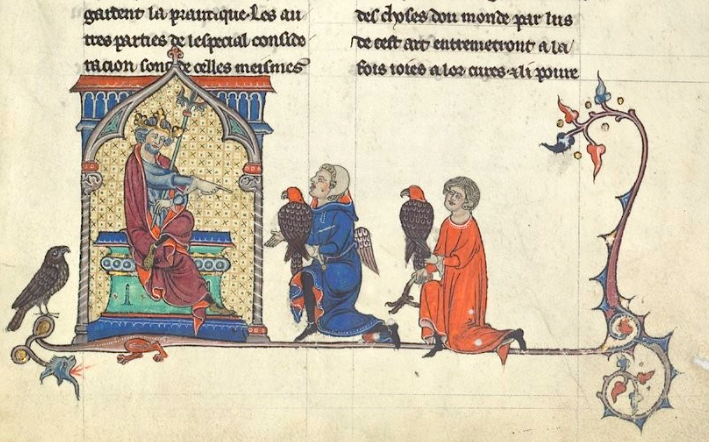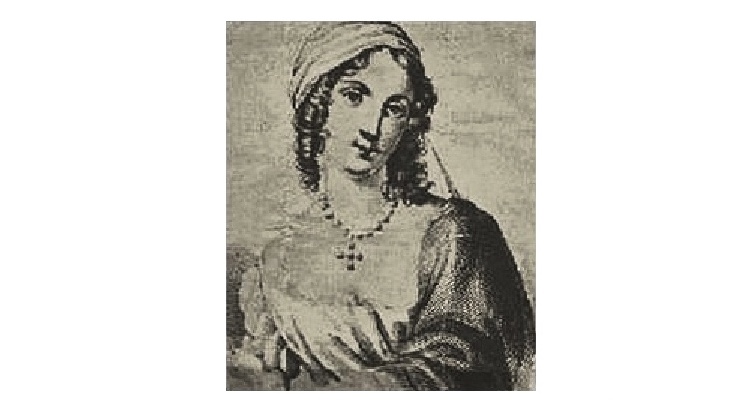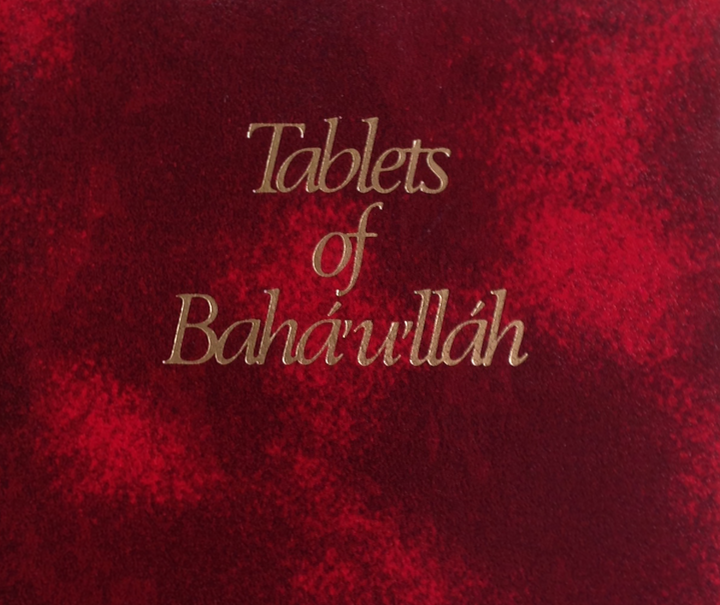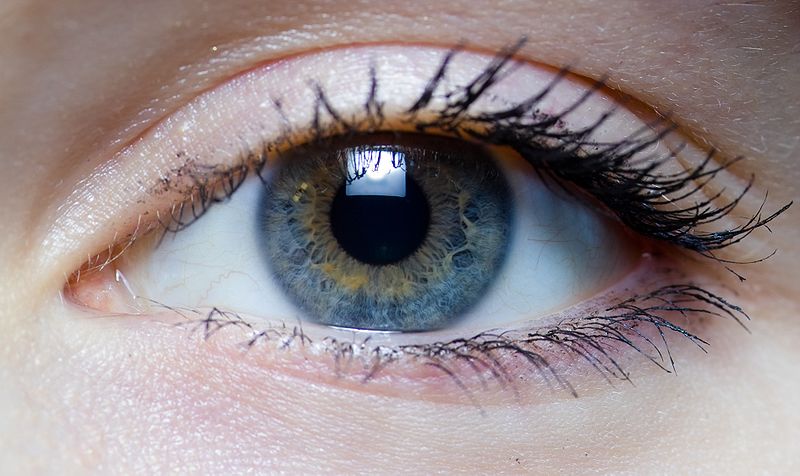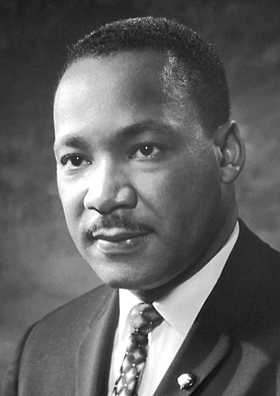-
Emperor Frederick II, the Wonder of the World and the Art of Falconry
Frederick II has been praised to the heavens and condemned to the depths of hell (by both Pope and Poet). The Son of Apulia, Wonder of the World, Holy Roman Emperor, perjurer and sacrilegious heretic, “Sultan” of Lucera, violator of his pledge as crusader, peaceful liberator of Jerusalem, enlightened patron of science and founder of universities, brutal in the extreme, law maker, the lamented sunset of the glory of Norman Italy. He has been called the first European and the “first modern man to sit on a throne”. He was also the author of “The Art of Falconry” or de Arte Venandi cum Avibus. Such are some of the memories…
-
Tablets of Bahá’u’lláh
Tablets of Bahá’u’lláh, like Gleanings from the Writings of Baha’u’llah, is collection of the writings of Baha’u’llah translated into English in 1978. It improved the translation of some writings that had been originally translated early in the twentieth century, and made available others for the first time in English. The Tablets of Baha’u’llah come from the later part of Bahá’u’lláh’s life. Shoghi Effendi described the writings of this period as characterized by: … the enunciation of certain precepts and principles which lie at the very core of [Baha’u’llah’s] Faith, by the reaffirmation of truths He had previously proclaimed, by the elaboration and elucidation of some of the laws He had…
-
Seeing With New Eyes: Ibn Al Haytham, Optics and Foreignness
When we think of the science of optics we may think of Isaac Newton, who together with his other discoveries, made important studies in the field of optics. We are far less likely to think of the breakthroughs in optics and science made by Ibn Al Haytham, a scientist who lived in the Islamic world in the tenth century. To Europe he was known as Alhacen or Alhazen. Al Haytham largely solved a scientific problem that had frustrated previous thinkers for more than a thousand years. How do we see? The problem stretched back to the time of Aristotle. Aristotle spoke Greek. Al Haytham’s work was written in Arabic and…
